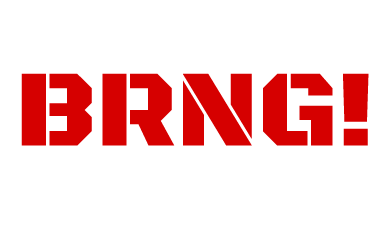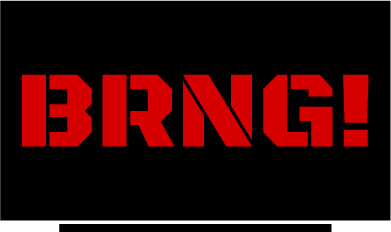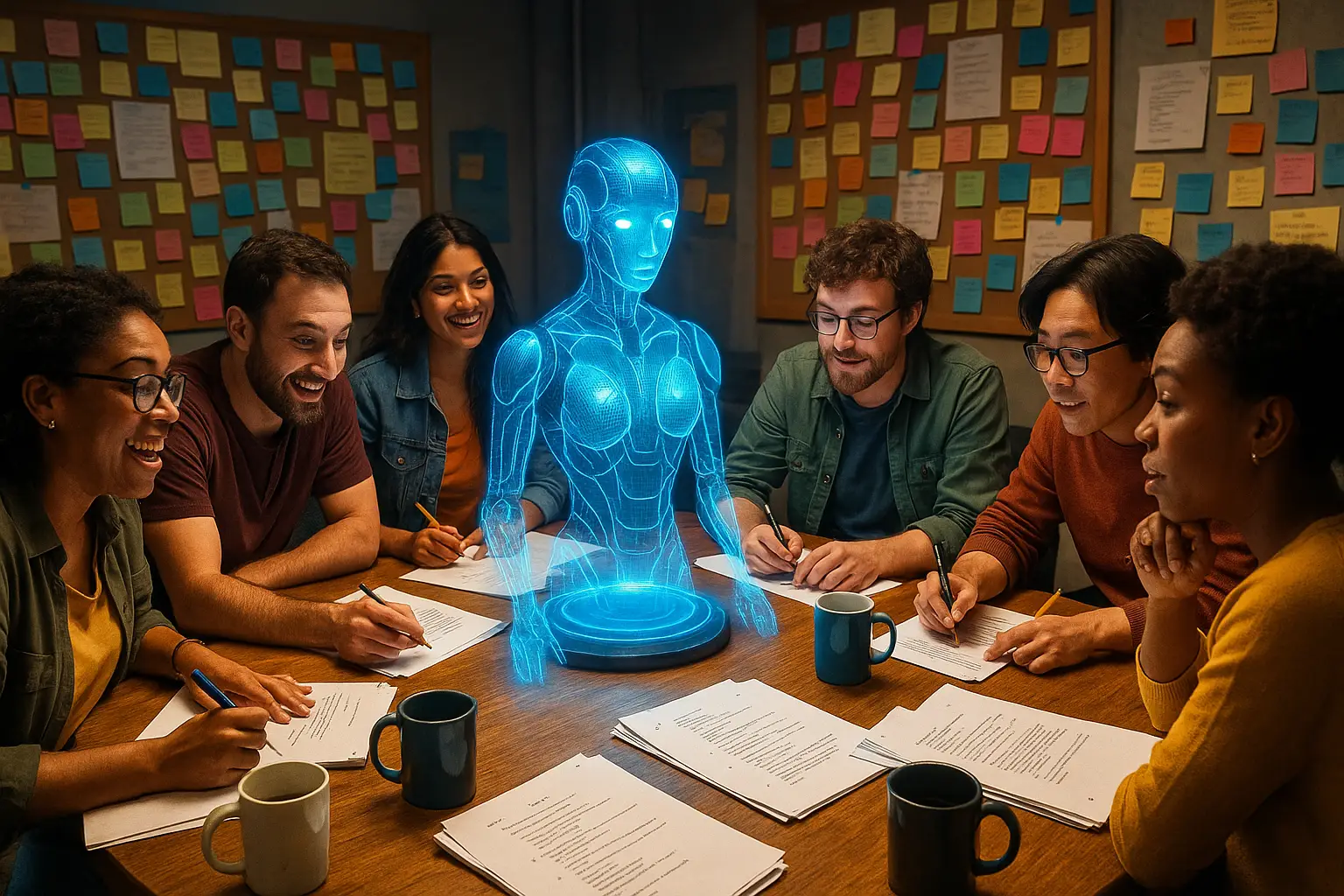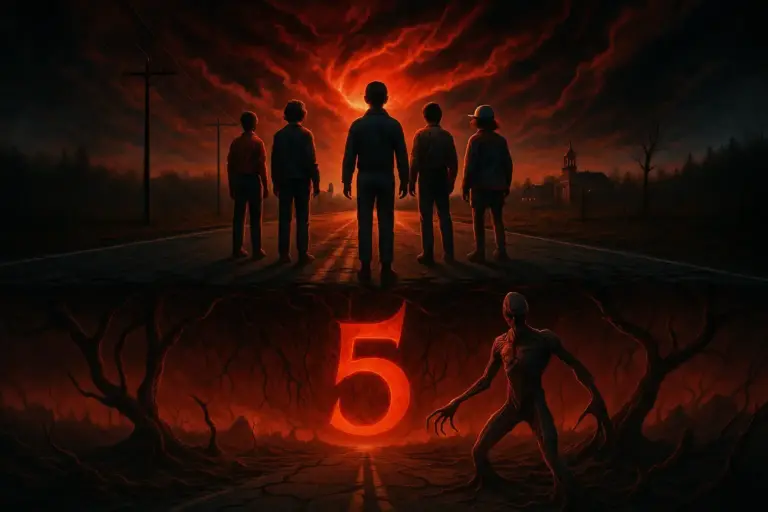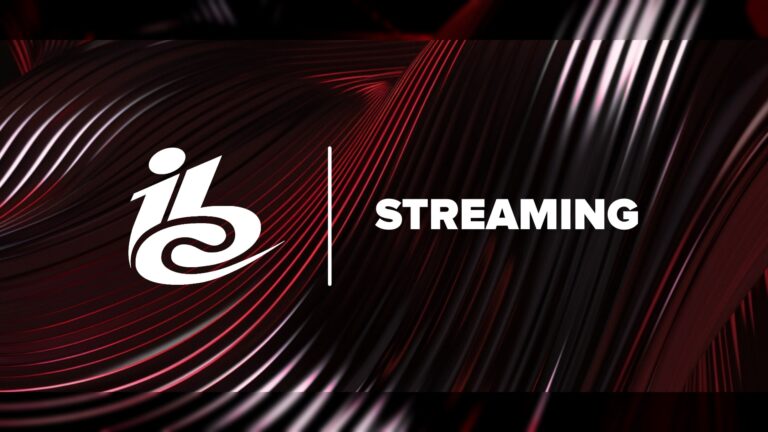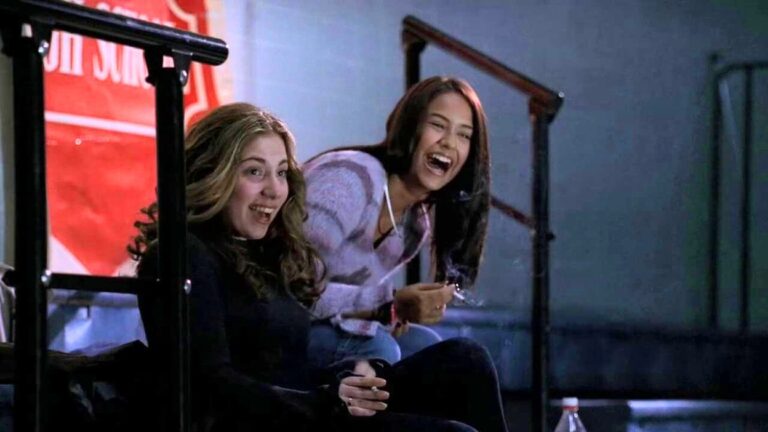Step into a modern writers’ room right now, and you might hear the click-clack of a keyboard, a debate about plot twists, and, of course, someone muttering, “Let’s ask ChatGPT.” Yep, it finally happened. Artificial intelligence has kicked through the front door of TV screenwriting, plopped itself on the battered couch, and is now busy pitching loglines alongside human scribes. But is everyone happy about it? Oh, absolutely not. Let’s untangle what’s going on, from Reddit rants to legal line-drawing, and meet some actual shows written with digital help.
Reddit Wars: The Screenwriters vs. The Silicon Scribes
Trying to gauge what real-life TV writers think? Reddit knows. It’s like a never-ending barroom brawl — screens glowing with hot takes and existential worry. Over at r/Screenwriting, AI has become the villain of the season.
- Writers trade horror stories about automated tools kicking out “soulless garbage.”
- Others share wild optimism, stacking up reasons why every writing team needs an algorithm as wingman.
- Then, someone inevitably asks, “Could AI replace me?” That’s where the nerves start jangling.
Many users admit that generative AI, like ChatGPT, can hammer out a scene or two if you’re feeling stuck. Some even admit that AI can pitch a clever logline, or whip up 20 variations on a dull joke with that weird, slightly-too-eager speed only machines manage. But deep down, the dominant sentiment stays the same: nothing, so far, matches the spark of a human voice. Still, a growing camp of writers uses AI for first drafts, rewrites, and the dreaded “polishing” stage. It’s like a fancy Swiss Army knife — useful, versatile, and occasionally a little dangerous if you’re not paying attention.
Guilds Step Up: Drawing New Battle Lines
You know it’s serious when lawyers start typing up memos. After all, this is Hollywood. In 2023, the Writers Guild of America (WGA) put its foot down in a contract negotiation tasty enough to draw national headlines. They agreed with studios on three key rules:
- No way is AI writing or rewriting “literary material.” That’s a human gig, they say.
- If your script gets help from an algorithm, you still get the credit, not the soulless silicon.
- Studios have to spill the beans and admit when they’ve used AI during the writing process.
These moves aren’t just about pride — they’re shields for creative jobs and creative voices. And the guild’s new lines matter even more since some of the big studios have started to experiment with digital tools, especially for brainstorming and first-pass scripts.
Meet the AI Collaborators: Case Studies and Cautionary Tales
Time for some real-world examples, because theory can be dry but television? Never. Case in point: “The Last Screenwriter,” a 2024 Swiss sci-fi flick with a wild twist. Director Peter Luisi handed the script off to ChatGPT and, surprise, the AI put out an entire screenplay. The film sparked a lot of conversations. Is the dialog a little weird in places? Sure. Still, the movie got made, and its existence alone made everyone pay closer attention.
Then there’s “Script2Screen,” which popped up as a flashy new productivity toy for scriptwriters. Imagine feeding a prompt into a machine and watching expressive animated characters play out the scenes right away. It’s not the Jetsons, but it’s getting strangely close. Production teams can play and tweak ideas in real time, so the script constantly evolves. Human creativity simply finds new toys, and this one has producers drooling thanks to the speed it offers in early development.
Hot Button: Who Really Owns Your AI Scene?
Now, let’s get into the muddy waters. Who owns the script if a robot does some of the typing? Is it the coder? The showrunner? The caffeinated intern feeding prompts into the system at 2 a.m.?
Copyright law hasn’t caught up yet. The WGA rules help in the United States — if a person touched it, they get the credit. But things get tricky. In other countries, experiments about “AI as author” pop up now and then, and you can bet lawyers will battle this for years. AI-generated content also brings up the old ghostwriting question. If an idea came from the machine, who is responsible when that script flops, or worse, crosses some ethical line? Who apologizes if a bot accidentally plagiarizes?
Bias in, Bias out: Unpacking Ethical Nightmares
Bias lurks everywhere, even in code. Most AI systems learned from existing scripts, dialogue, and film databases, which means old prejudices can sneak into new shows by accident. It’s like hiring someone who’s watched every piece of TV in history — and absorbed all the clichés, stereotypes, and outdated tropes.
So, who checks for this bias? Some teams run AI output through actual humans from different backgrounds, just to double-check. Others use “bias detectors,” but let’s be real: you need both. In the Reddit space, writers complain that the AI sometimes defaults to “middle-of-the-road” characters unless prompted to get weird and specific. That’s both a time saver and a creative limitation.
Academic Angle: Humans + AI = The Odd Couple
Recent studies dropped some fascinating nuggets about the strange dance between writer and machine. Researchers at leading universities interviewed dozens of scribes trying out AI for the first time. The verdict? Most see it as a teammate — albeit an unreliable one who sometimes pipes up with “Dad joke energy.” One writer summed it up as, “The process was 80% me, 20% the robot.”
Still, there’s a big catch. Writers want more control. One research paper urged tool developers to personalize AI help, arguing that the best creative assistants learn their writer’s quirks over time. And just about every writer agreed on this: you cannot lose your unique voice. The moment you start sounding like everyone else, your show becomes wallpaper. So, AI has to tuck gracefully into the background, keeping the spotlight on its human counterparts.
Yes, Shows Are Already Using This Stuff
Hollywood loves efficiency. If a tool can speed up the process or break logjams, showrunners at least want to try it. Writers rooms in network comedies are experimenting with AI-powered joke punch-ups. Drama teams sometimes throw the AI a beat-sheet and see what it spits out for alternative scenes. Sci-fi productions, always first to the future, push these tools for world-building, letting the AI hammer out weird alien cultures or tech jargon. Some established properties have even gone public about their toybox: “The Last Screenwriter” made the news, and streaming indie projects use AI to map out plot threads and test dialogue.
Don’t expect a wave of fully-robot-written blockbusters. For now, people use AI as a brainstorming partner, or toss it half-baked scenes to see what magic (or mess) comes back. It still babysits in the corner, not at the head of the table.
Screenwriting, Supercharged or Doomed?
So, are we looking at a creative apocalypse or a shiny new renaissance? Reddit, industry news, and research all point to something in-between — a world where humans keep the keys to the castle, but AI picks up the heavy lifting in the dungeon. Screenwriters, for better or worse, are learning to play nice with their new robot colleagues.
Yet, as the tech evolves, Hollywood can’t avoid a few big questions:
- Who controls the story, and who collects the paycheck?
- Will that sassy sitcom hero end up sounding like a copy-paste?
- Can we finally put an end to those clunky “as you know, Bob” lines?
The industry, for now, seems to like keeping humans in the driver’s seat. AI is the new junior writer, sitting across the table at every pitch. It’s whispering ideas, sometimes wild, sometimes worryingly bland, but never, ever running the show. Screenwriting’s future is now a buddy-cop film — equal parts tradition and innovation, human warmth and algorithmic firepower. Hollywood might not know exactly where it’s headed, but you can bet it won’t be boring. And the bigger plot twist? Anyone with an idea and a prompt just got a front-row seat at the writer’s table.
Popcorn not included.
